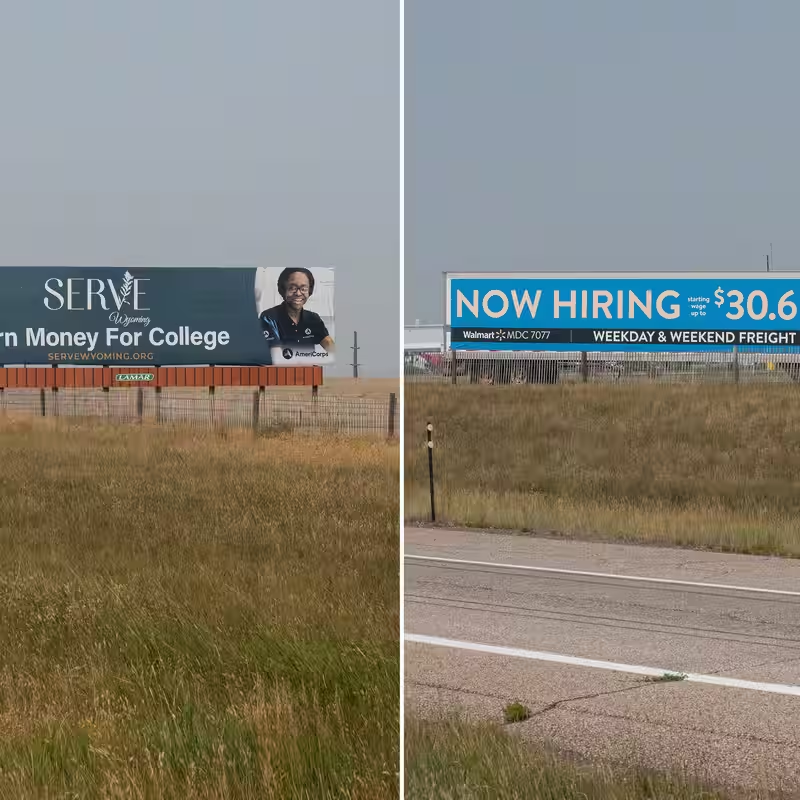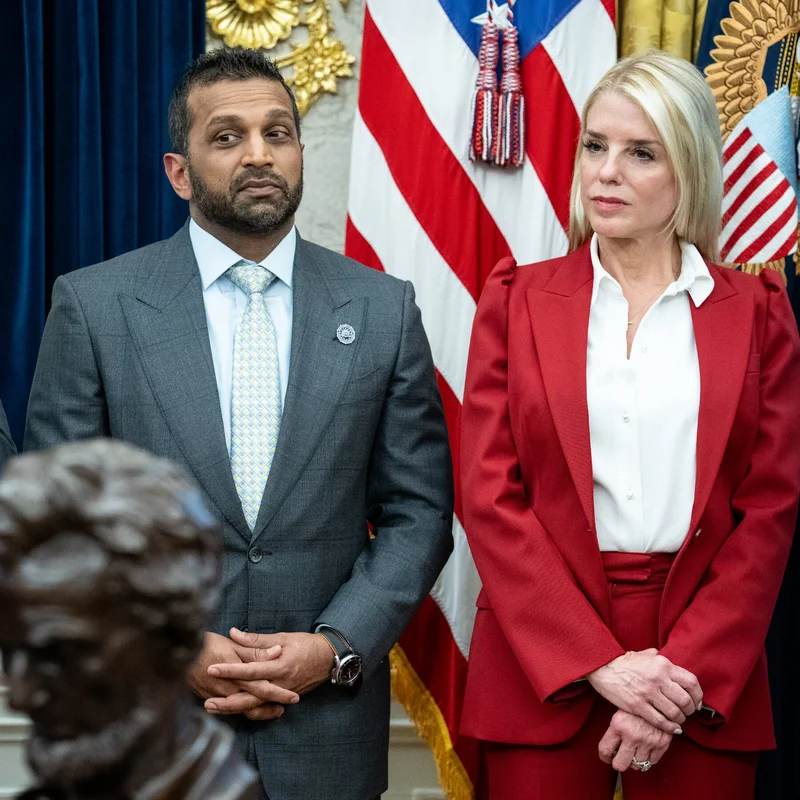Table of Contents
- A National Reckoning Over College Value
- Wyoming’s Bold Bet on Higher Education
- Why So Many Students Walk Away
- Real People, Real Outcomes
- Rethinking the Four-Year Degree
- Sources
Is College Still Worth It?
For decades, a college degree was seen as the golden ticket to a stable career and middle-class life. But in 2025, that belief is crumbling—especially in places like Wyoming, where leaders once championed higher education as the key to economic revival.
Now, with soaring student debt, stagnant graduation rates, and high-paying jobs available without a diploma, many are asking: Is college really necessary?
Wyoming’s Bold Bet on Higher Education
Seven years ago, Wyoming launched one of the nation’s most ambitious campaigns to boost post-high school credential attainment. The goal? Get 67% of working adults to hold a degree or certificate by 2025—a leap from just 46% in 2018.
The state had reason to act. With an economy tied to volatile energy markets and young people fleeing for Denver or Salt Lake City, officials hoped a more educated workforce would attract new industries.
But reality hit hard. Despite progress—Wyoming now sits at 53% credential attainment—the original target remains out of reach. And more troublingly, public trust in higher education has eroded.
Wyoming’s Education Push: Goals vs. Reality
| Metric | 2018 | 2025 Target | 2025 Actual |
|---|---|---|---|
| Adults with post-HS credential | 46% | 67% | 53% |
| Community college grad rate (LCCC) | 14% | — | 35%+ |
| Jobs requiring college degree | <40% | — | Still <40% |
Why So Many Students Walk Away
The data tells a sobering story: over 40 million Americans have started college but never finished. In Wyoming, common reasons include:
- Fear of accumulating debt without a guaranteed payoff
- Rigid academic schedules that clash with work and family
- Curricula that feel disconnected from real-world careers
- High-paying alternatives like warehouse or energy jobs offering $30+/hour
“We tend to know what we know, by God, and we just need to do it harder and stronger,” said Republican Gov. Mark Gordon—critiquing the inflexibility of traditional education models.
Real People, Real Outcomes
Not all hope is lost. At Laramie County Community College (LCCC), tailored advising and flexible programs are changing lives.
Daryl Woody, a veteran and father of four, initially enrolled to study HVAC but was guided into cybersecurity—a field with stronger long-term prospects. “The advice I’ve been getting is: ‘Don’t let the good job take you from your education,’” he said.
Amanda Sorrell, a 30-year-old single mom, is pursuing business and accounting through online courses, supported by a new state scholarship for adults 24+. “That scholarship is really what’s helping me stay afloat,” she shared.
Rethinking the Four-Year Degree
Colleges across Wyoming are adapting. Western Wyoming Community College launched the state’s first substation technician program. The University of Wyoming now offers majors in tourism and ranch management—fields directly tied to local economies.
“We need a better story,” said University of Wyoming President Ed Seidel. “Higher education should have a hard think about what it offers.”
Even the federal government is signaling change. Education Secretary Linda McMahon recently declared: “The alternatives to college are warming up in the dugout ready to replace the four-year diploma.”
The future may not be about more college—but better, more relevant education. As LCCC President Joe Schaffer puts it: “Maybe it just takes continued momentum… you keep whittling away.”




